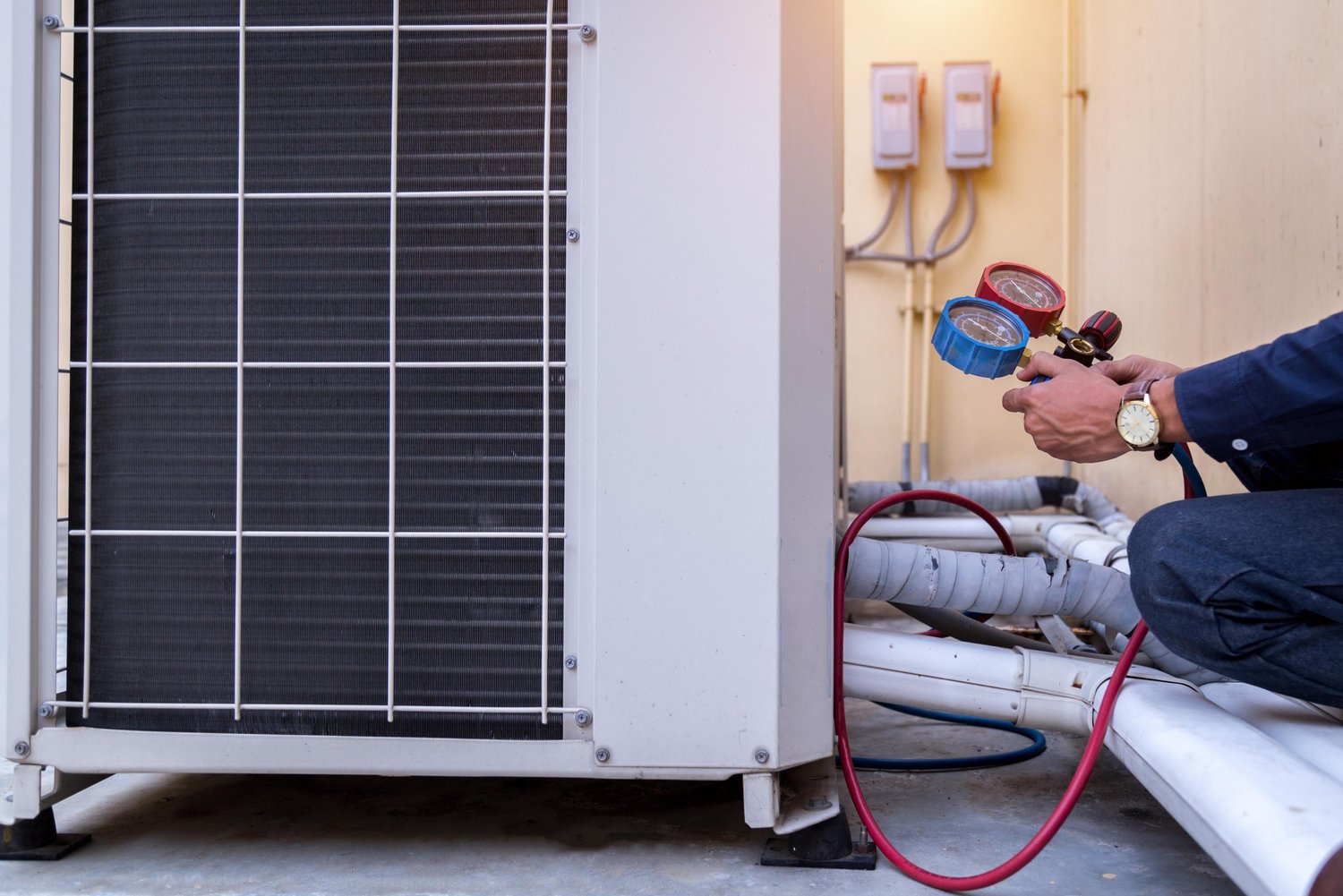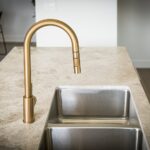Understanding Heat Pumps
Heat pumps are energy-efficient devices that transfer heat from one place to another. They work by extracting heat from the air, ground, or water outside your home and pumping it inside. These systems can both heat and cool your home, making them versatile solutions for year-round comfort. Heat pumps come in various types, each with its own advantages. The three main categories are air source, ground source, and water source heat pumps.
Air Source Heat Pumps: Efficient and Popular
Air source heat pumps are the most common type of heat pump. They extract heat from the outside air, even in cold temperatures. These systems are relatively easy to install and can be up to 300% efficient, meaning they can produce three units of heat for every unit of electricity used. Air source heat pumps are ideal for moderate climates and can reduce heating costs by up to 50% compared to electric resistance heating.
Ground Source Heat Pumps: Consistent Performance
Ground source heat pumps, also known as geothermal heat pumps, extract heat from the ground. These systems use a network of buried pipes filled with a heat-transfer fluid. They offer consistent performance regardless of outdoor air temperature, as the ground temperature remains relatively stable year-round. Ground source heat pumps can be up to 400% efficient and can reduce energy consumption by 30-60% compared to traditional heating systems.
Other Heat Pump Options
Besides air and ground source heat pumps, there are other options available. Water source heat pumps extract heat from a nearby water body, such as a lake or pond. Hybrid heat pumps combine a heat pump with a backup heating system for extreme cold. Other heat pumps include ductless mini-split systems, which are ideal for homes without existing ductwork. These alternatives offer flexibility for various home configurations and climate conditions.
Factors to Consider When Choosing a Heat Pump
When selecting a heat pump, consider the following factors:
- Climate: Air source heat pumps work best in moderate climates, while ground source pumps perform well in any climate.
- Home size: Larger homes may require multiple units or a more powerful system.
- Existing infrastructure: Your current heating and cooling setup can influence the type of heat pump that’s most suitable.
- Budget: Initial costs vary significantly between different types of heat pumps.
- Energy efficiency: Look for ENERGY STAR certified models for optimal efficiency.
Installation and Maintenance Tips
Proper installation is crucial for optimal heat pump performance. Always hire a certified professional for installation. Regular maintenance is essential to keep your heat pump running efficiently. This includes cleaning or replacing filters every 1-3 months, keeping outdoor units clear of debris, and scheduling annual professional inspections. Heat pumps typically last 10-15 years with proper care. By following these guidelines, you can ensure your heat pump operates at peak efficiency for years to come.





